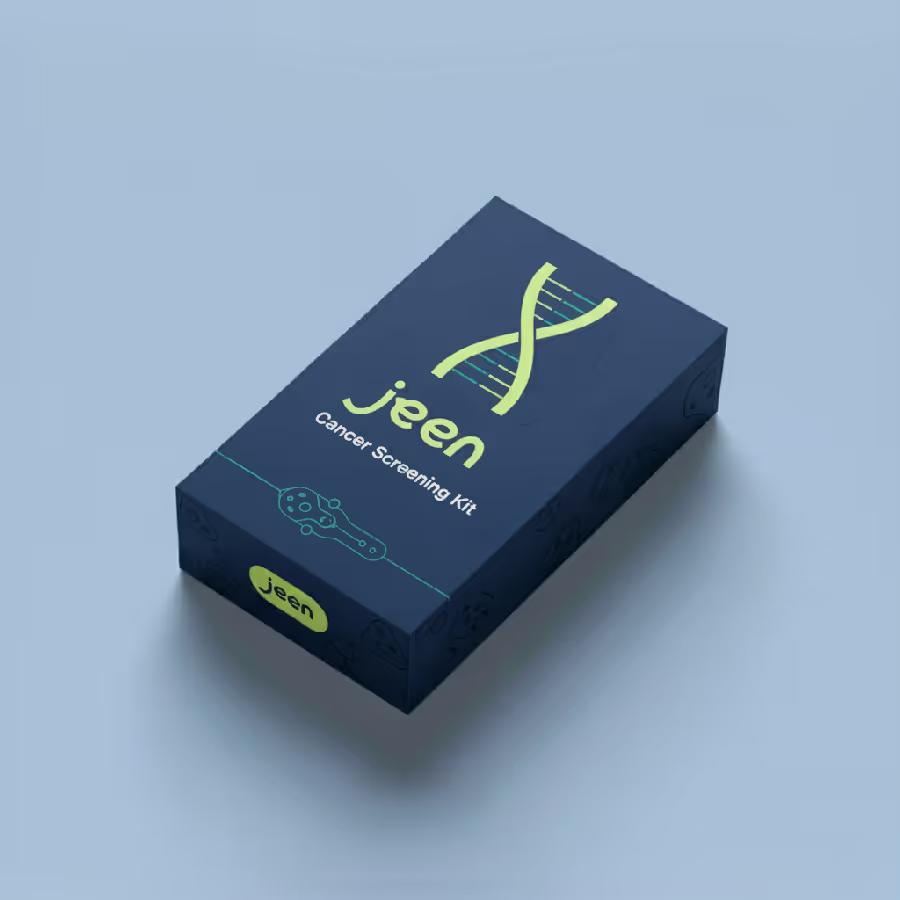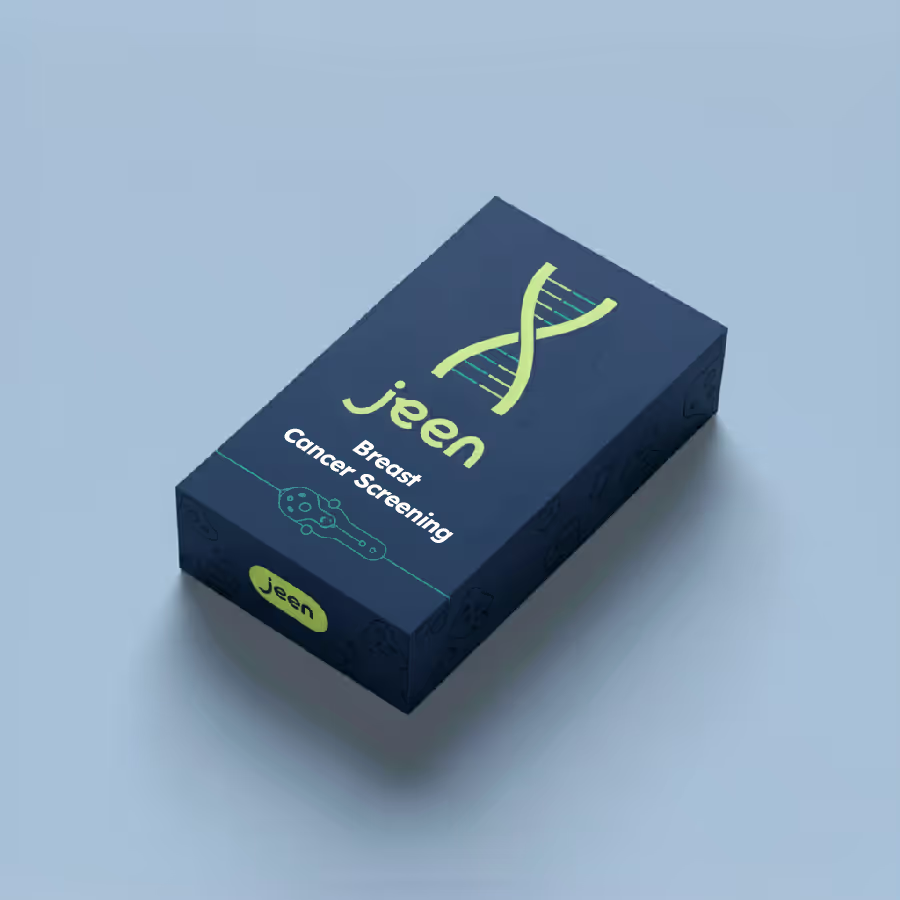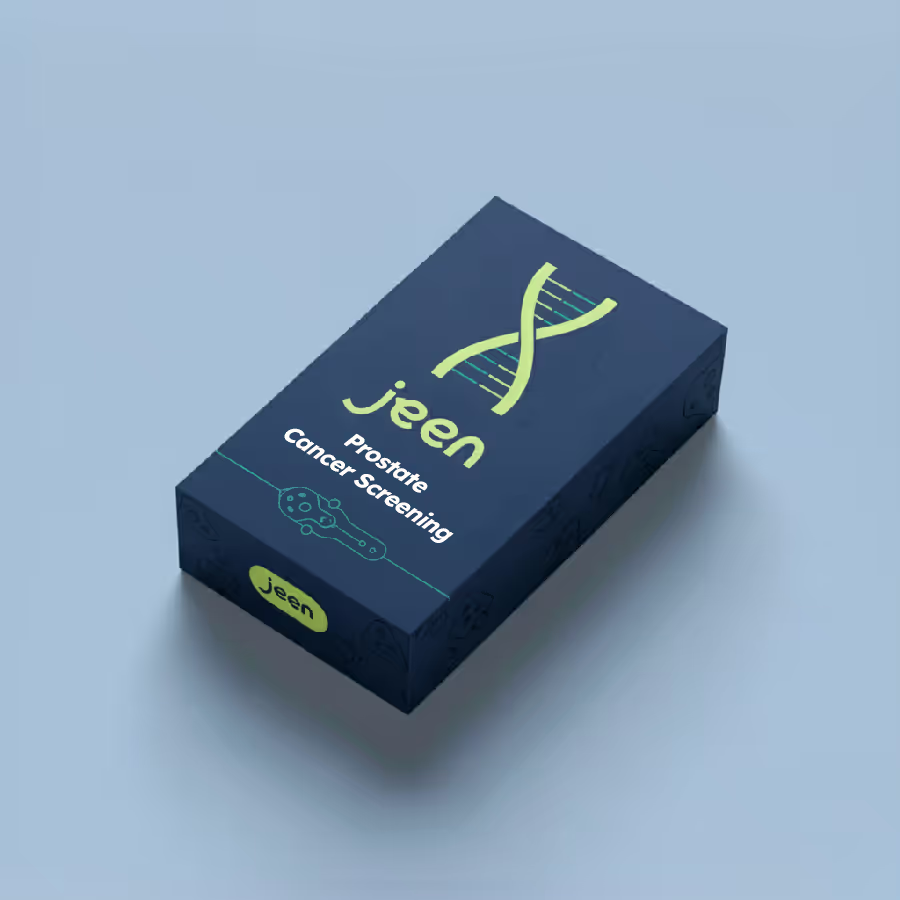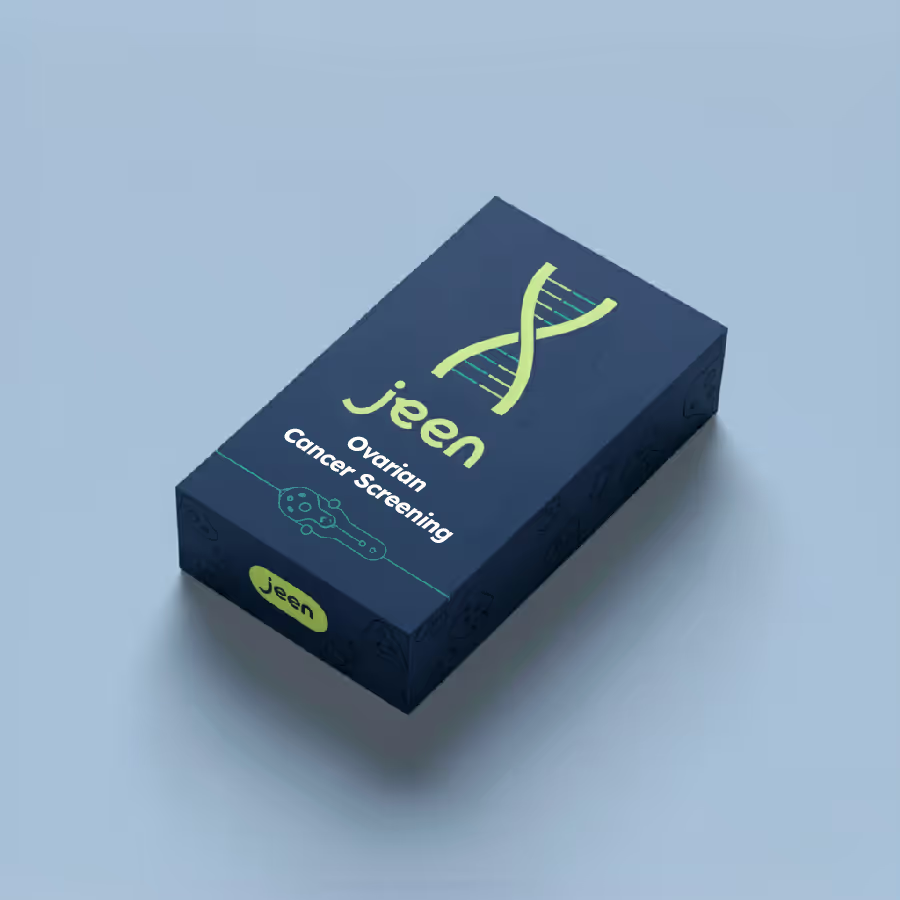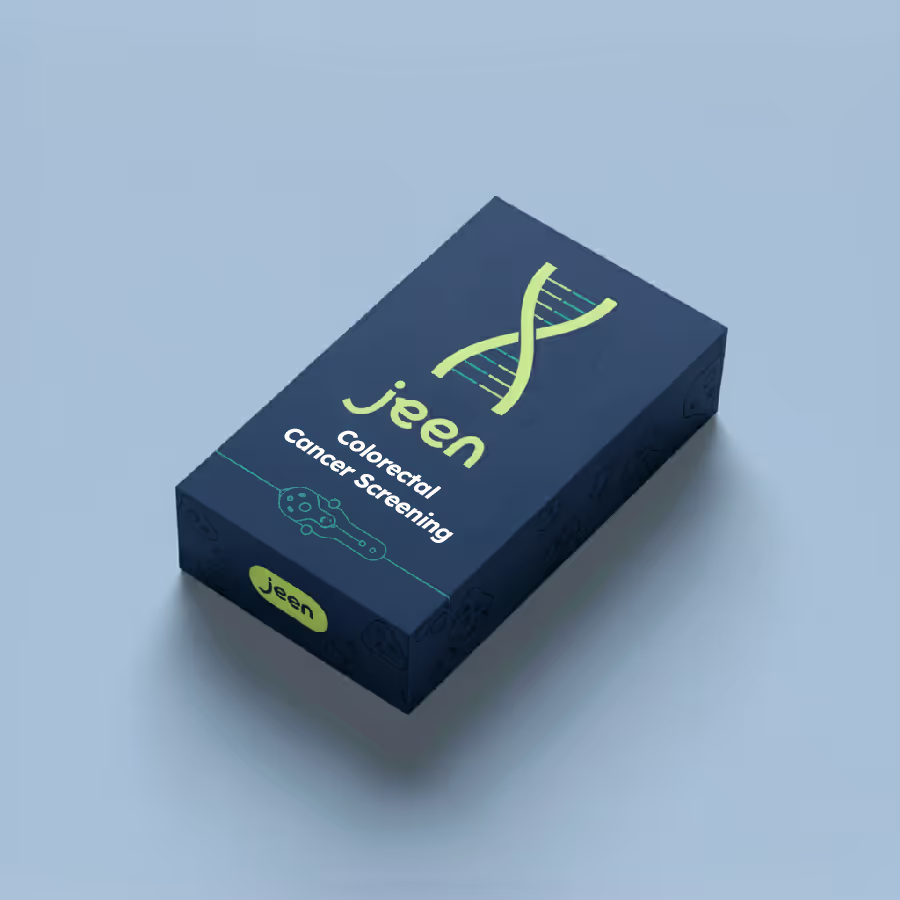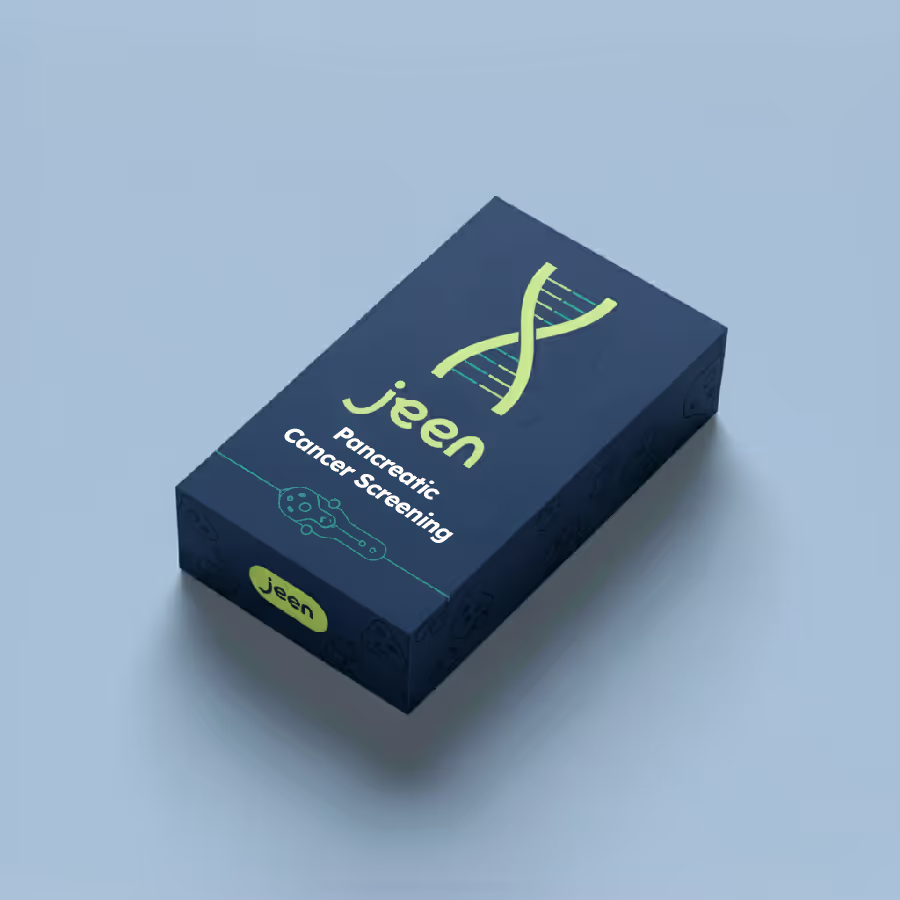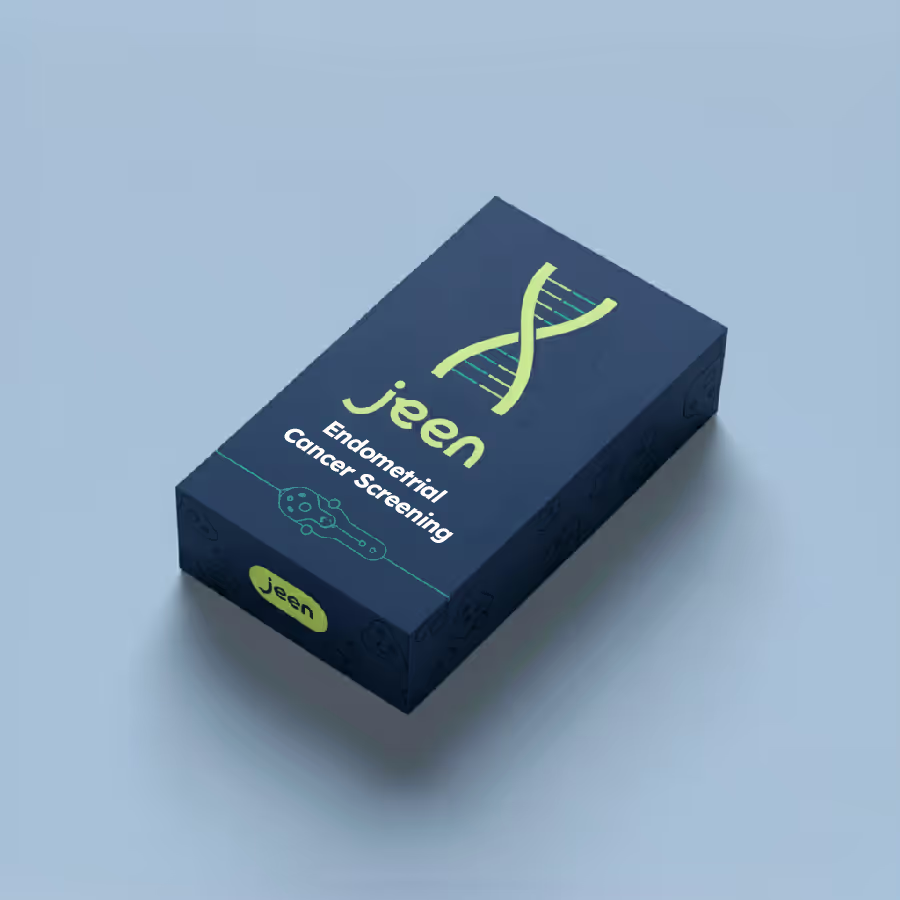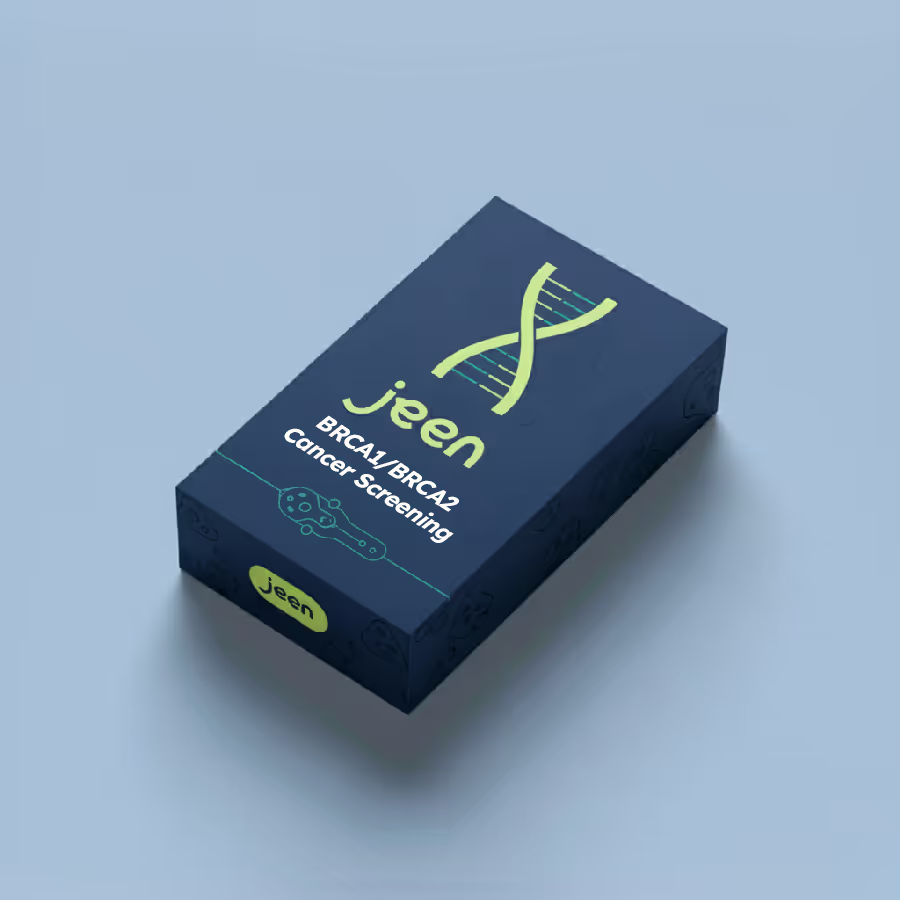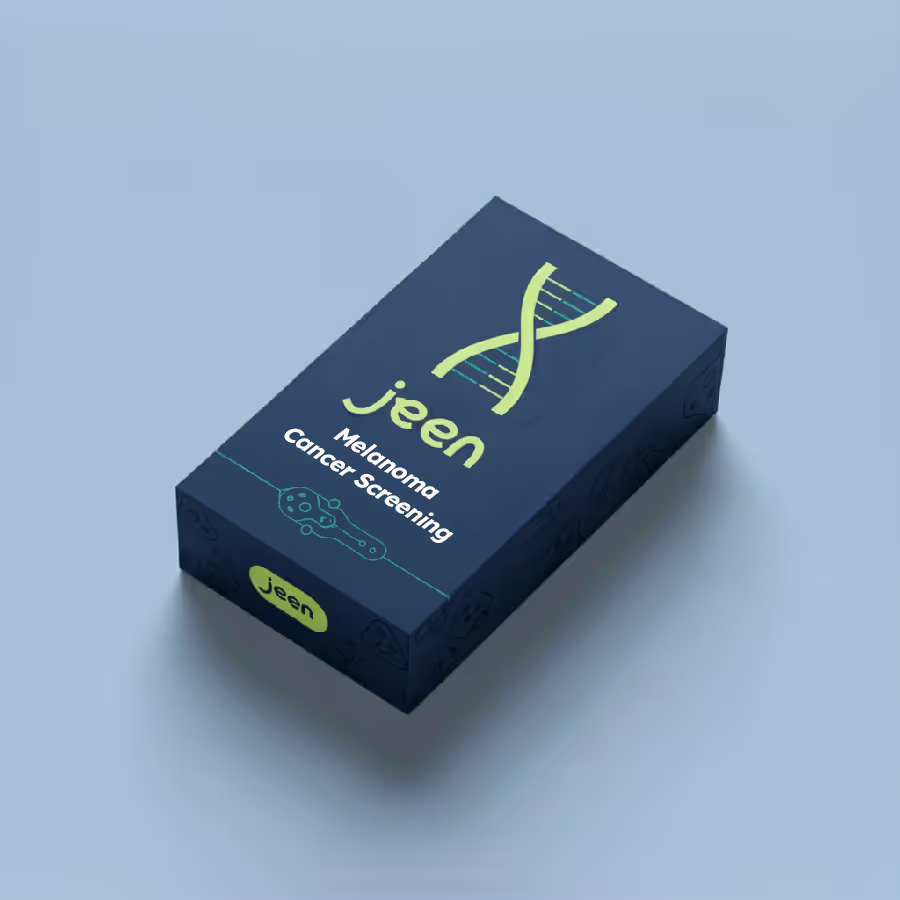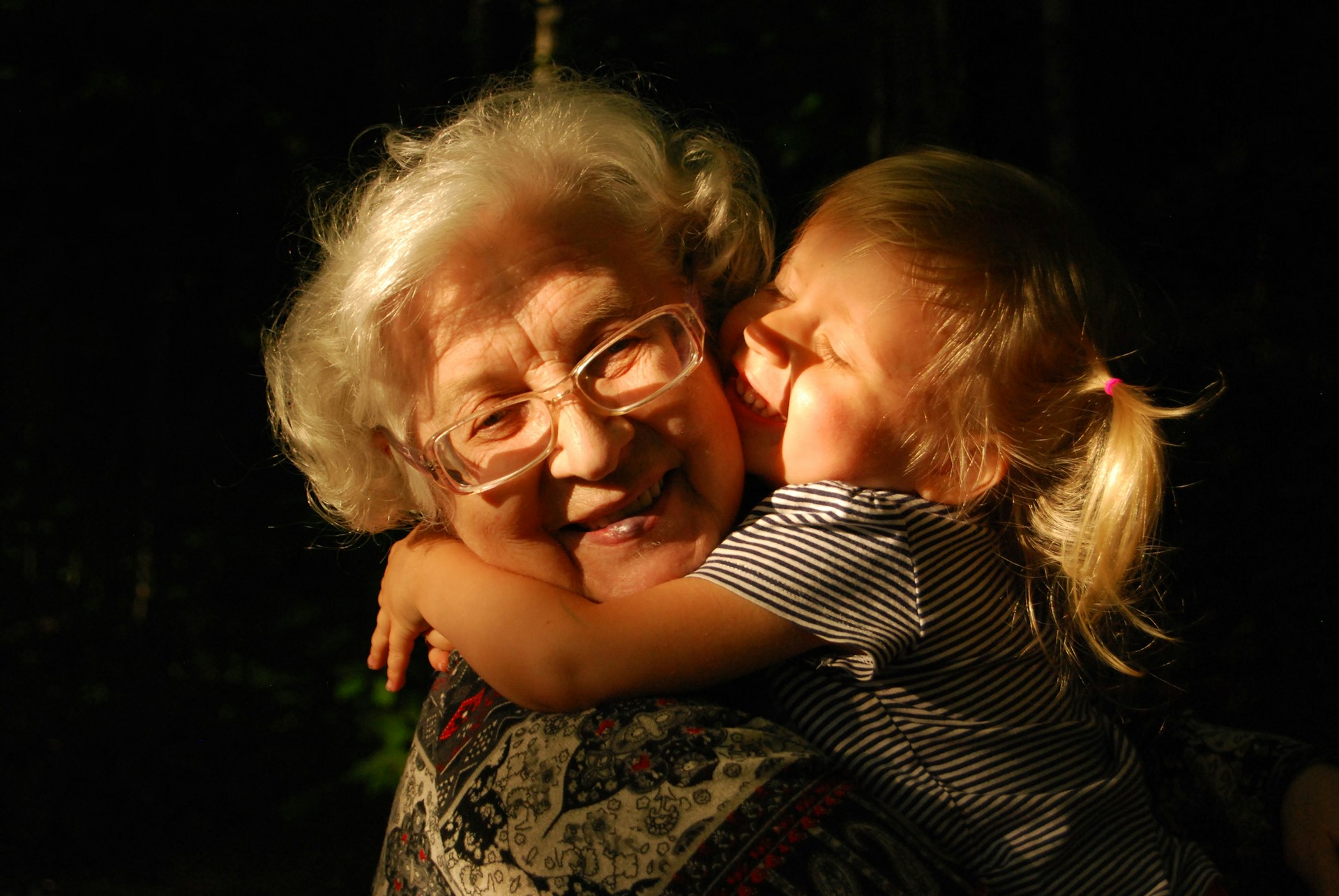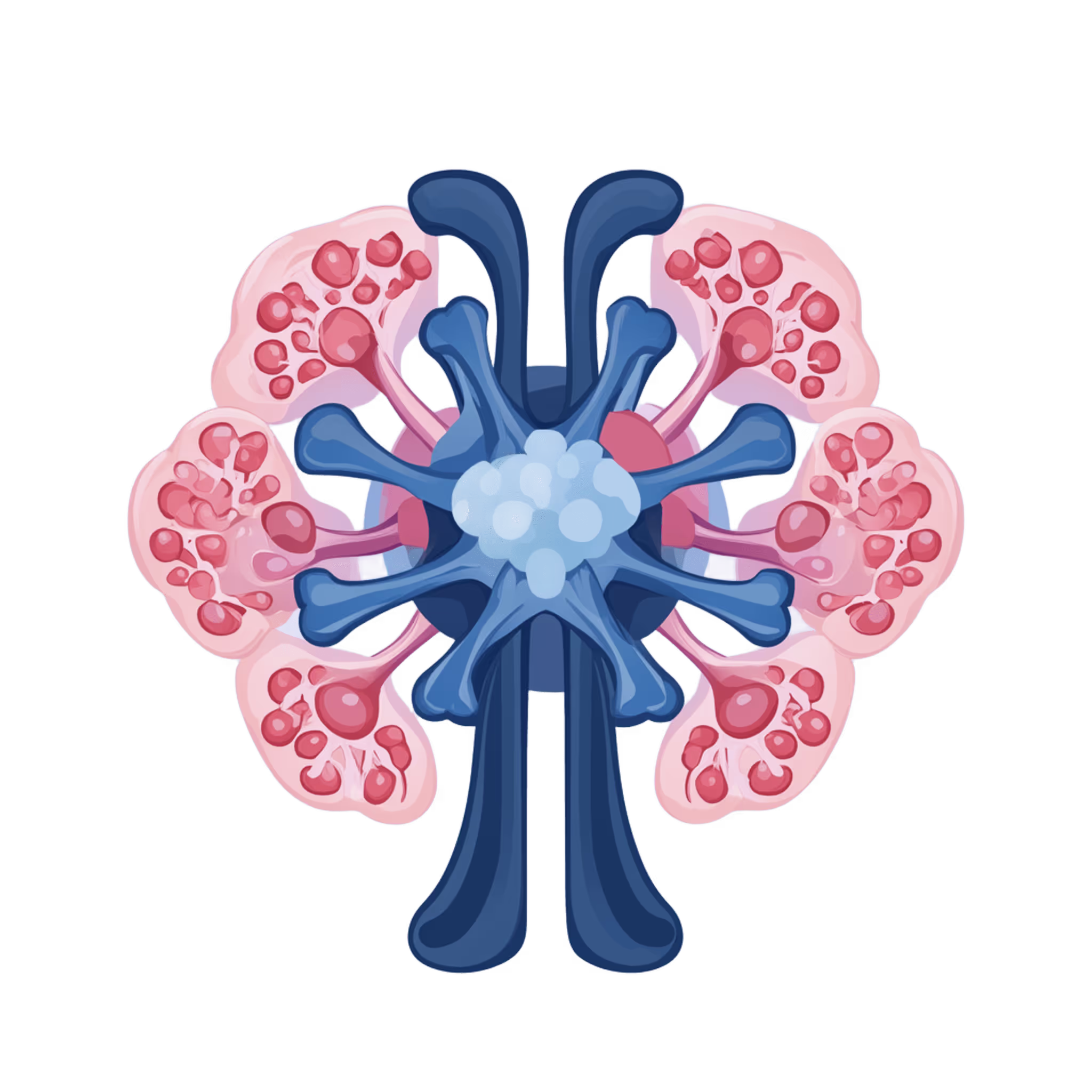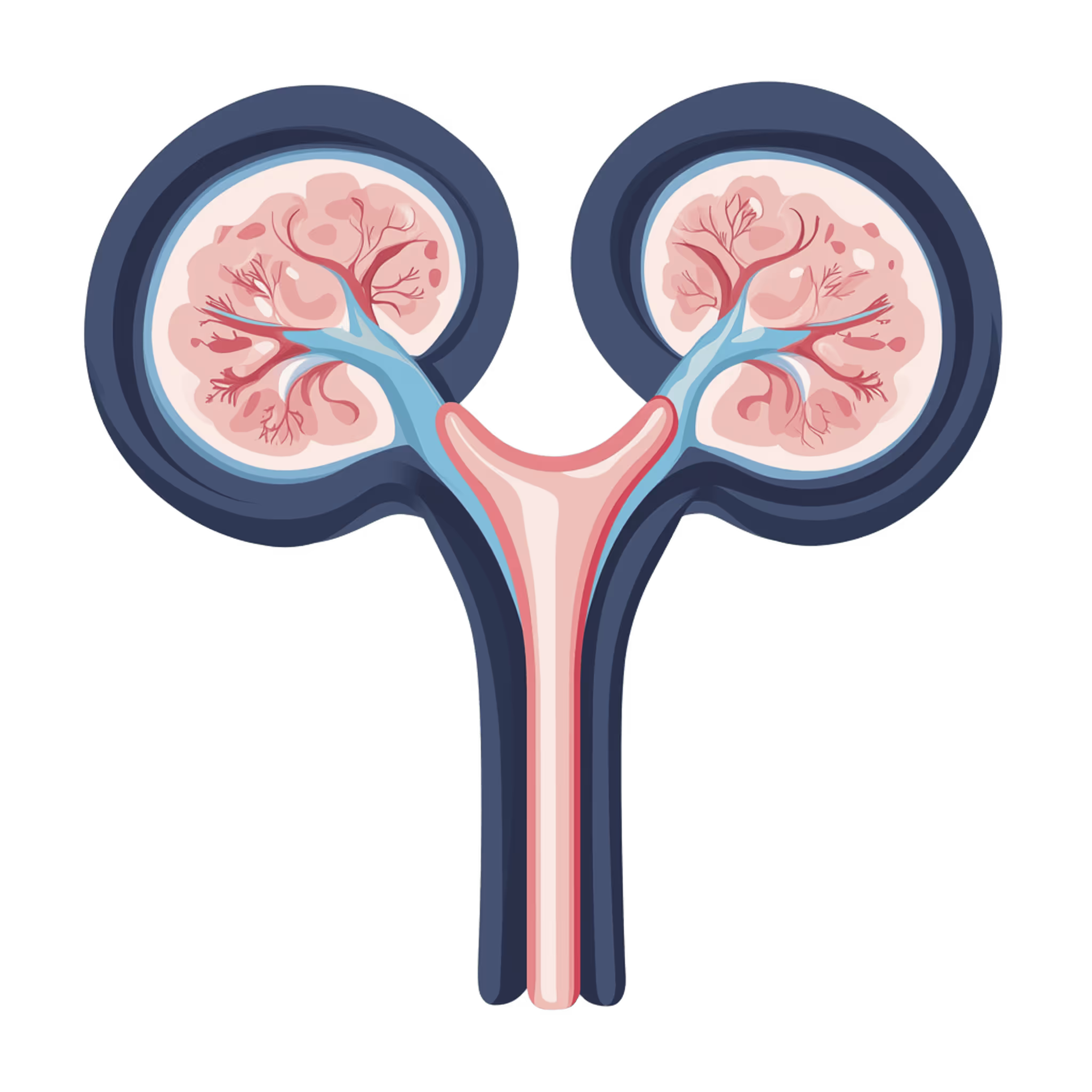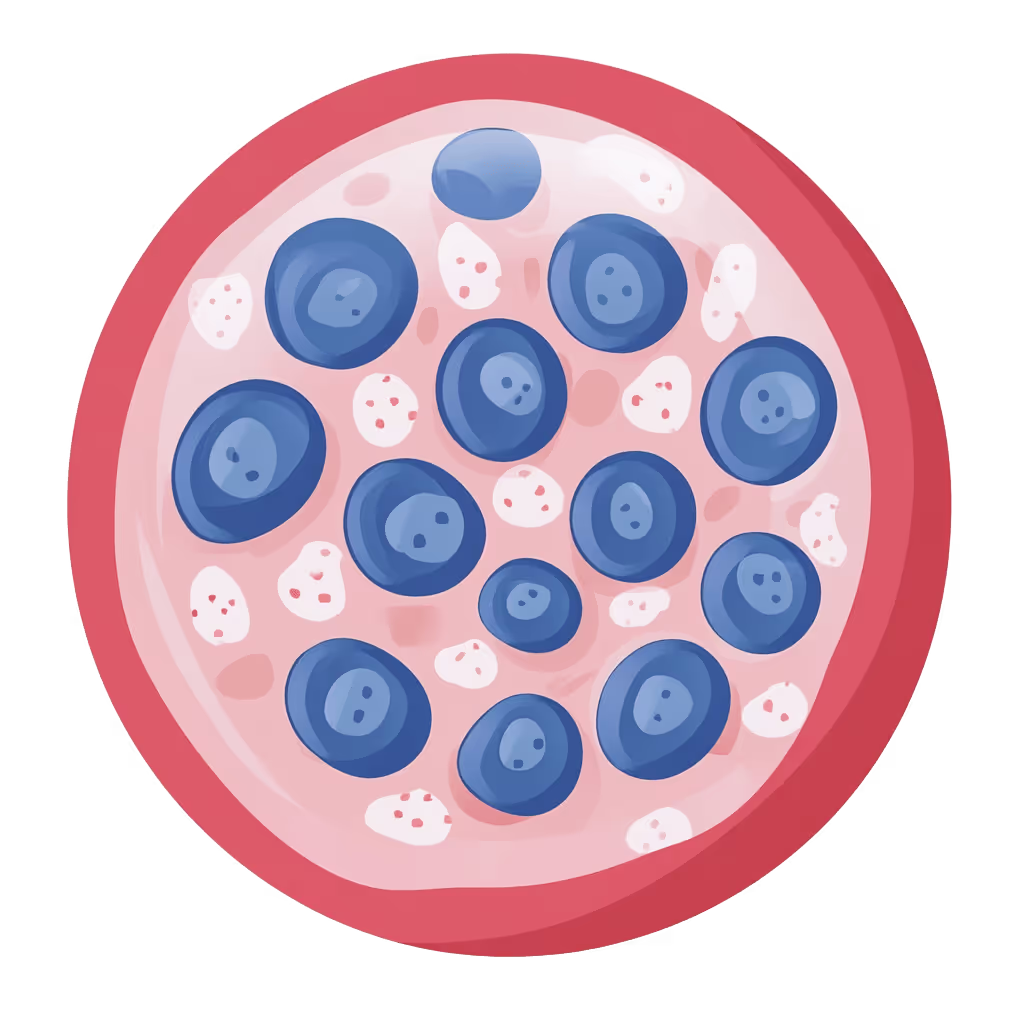What is Melanoma Skin Cancer?
Melanoma is a type of skin cancer that develops when abnormal melanocytes (the cells that produce pigment) grow and divide uncontrollably, forming a tumour. Melanoma most commonly appears on the skin but can also occur in areas like the eyes or inside the mouth. Melanoma can affect people of all skin tones and ages, although it is more common in lighter-skinned individuals. Symptoms of melanoma can include:
- A new mole or a change in an existing mole
- A mole that is asymmetrical, has uneven borders, or multiple colours
- A mole larger than 6mm across
- Changes in the texture, itching, bleeding, or crusting of a mole
- A sore that does not heal
- Dark streaks under a fingernail or toenail
Early diagnosis can make a big difference to treatment outcomes. If you are experiencing any symptoms that are worrying you, it is important that you report this to your GP.
More information about melanoma can be found the Macmillan melanoma page.
What are the causes?
Melanoma is most commonly caused by damage to the skin cells from UV radiation, either from sunlight or artificial sources like sunbeds. Other risk factors include having a large number of moles, fair skin that burns easily, a history of sunburn, and a weakened immune system.
Usually, when someone is diagnosed with cancer, the cause is unknown. Contributing factors may include age, family history, environment, lifestyle and hormonal factors. Melanoma is most commonly caused by damage to the skin cells from UV radiation, either from sunlight or artificial sources like sunbeds. Other risk factors include having a large number of moles, fair skin that burns easily, a history of sunburn, and a weakened immune system.
In some cases, genetic testing can identify a variant (change) in a single gene that contributes to a person to having an increased risk of developing certain cancers over their lifetime. These gene variants can be passed down through families.
Inherited genetic mutations account for a smaller but important percentage of melanoma cases, particularly in families with multiple affected members. Mutations in genes such as CDKN2A and BAP1 can significantly increase lifetime risk.
What other tests are available?
Diagnosis of melanoma typically starts with a skin examination, followed by a biopsy to confirm if a suspicious mole or lesion is cancerous. Imaging tests such as lymph node ultrasound, CT scans, or PET scans may be used to see if the cancer has spread.
If you are concerned about inherited risk, genetic testing can detect mutations linked to hereditary melanoma. Knowing your genetic status can help you and your healthcare team create a tailored screening and prevention plan to catch potential problems as early as possible.
Is genetic testing for melanoma risk genes right for me?
Some people with a personal diagnosis or strong family history of melanoma cancer, or related cancers, such as colorectal cancer or ovarian cancer, may choose to consider genetic testing to try and identify a cause for their diagnosis or their family history.
Identifying a variant in a cancer gene can help clarify personal risk of developing certain cancers and inform your risk management options.
Genetic testing can provide very useful information, but may not be the right choice for everyone. Speaking to a genetic counsellor can help you explore your personal and family history, understand what testing might mean for you and your family, and help you make a decision that feels right for you.










